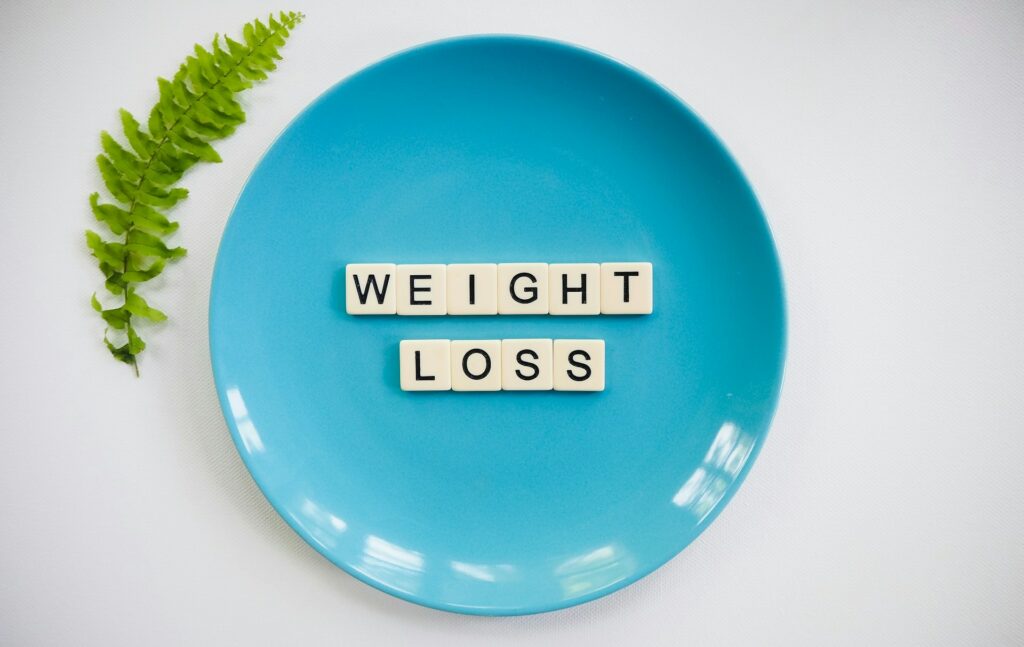Introduction
In the ever-evolving landscape of health and wellness, the quest for effective weight loss strategies has become a paramount concern for many individuals. At The Insider’s Views, we understand the significance of a holistic approach to weight management. Join us on a journey as we unravel the secrets to sustainable weight loss, providing you with actionable insights and evidence-based recommendations.
Understanding the Foundations
The Role of Nutrition
Successful weight loss begins with a foundation rooted in healthy nutrition. A well-balanced diet, rich in nutrient-dense foods, not only fuels your body but also supports overall well-being. Focus on incorporating a variety of fruits, vegetables, lean proteins, and whole grains into your daily meals. Strive for portion control, and avoid the pitfalls of fad diets that promise quick fixes but often result in temporary outcomes.
Embracing Physical Activity
A sedentary lifestyle is a significant impediment to weight less. Regular physical activity not only burns calories but also enhances metabolic rate and contributes to overall cardiovascular health. Engage in a mix of aerobic exercises, strength training, and flexibility workouts to achieve a well-rounded fitness routine. Find activities you enjoy, making it easier to stay consistent and committed to your goals.
Unveiling Weight Loss Myths
Debunking Quick Fixes
In a world inundated with weight less supplements and miracle solutions, it’s crucial to separate fact from fiction. Sustainable weight loss is not achieved through shortcuts but rather through long-term lifestyle changes. Beware of products that promise rapid results, as they often lack scientific backing and may pose health risks.
Understanding Body Composition
The number on the scale is only one aspect of your journey. Body composition plays a vital role in determining overall health. Muscle weighs more than fat, so as you engage in regular exercise, don’t be disheartened if the scale doesn’t budge as quickly as expected. Focus on improving muscle tone and overall well-being rather than fixating solely on weight.
Crafting a Sustainable Lifestyle
Prioritizing Sleep
Adequate sleep is often overlooked but is integral to weight less success. Poor sleep patterns can disrupt hormonal balance, leading to increased cravings and impaired metabolism. Aim for 7-9 hours of quality sleep each night, creating a conducive environment for your body to recover and regenerate.
Managing Stress
Chronic stress can hinder weight efforts by elevating cortisol levels, which, in turn, promote fat storage. Incorporate stress management techniques such as meditation, yoga, or deep breathing exercises into your routine. Cultivating a mindful approach to stress can positively impact both your mental and physical well-being.
Navigating Challenges and Plateaus
Overcoming Plateaus
Weight loss journeys often encounter plateaus where progress stalls. Instead of becoming disheartened, use these moments as opportunities to reassess and tweak your approach. Evaluate your nutrition, exercise routine, and overall lifestyle to identify areas that may need adjustment.
Seeking Professional Guidance
If you find yourself facing persistent challenges, consider seeking the guidance of a qualified healthcare professional or a registered dietitian. Their expertise can provide personalized insights, ensuring that your weight loss journey aligns with your unique needs and health status.
Related Table: Weight Loss Guidelines
| Nutrition Tips | Physical Activity | Sleep Recommendations | Stress Management Techniques |
|---|---|---|---|
| – Eat nutrient-dense foods | – Engage in aerobic exercises | – Aim for 7-9 hours of sleep | – Practice meditation |
| – Portion control | – Include strength training | – Create a sleep-friendly environment | – Try yoga |
| – Avoid fad diets | – Incorporate flexibility workouts | – Establish a bedtime routine | – Deep breathing exercises |
Frequently Asked Questions
How quickly can I expect to see results in my weight loss journey?
While individual experiences may vary, a safe and sustainable rate of weight loss is generally considered to be 1-2 pounds per week. Rapid weight often leads to muscle loss and is not conducive to long-term success.
Are there specific foods that can boost weight loss?
Certain foods, such as lean proteins, fruits, and vegetables, are known to support loss due to their high nutrient content and lower calorie density. However, it’s essential to focus on overall dietary patterns rather than isolated “miracle” foods.
Can stress impact my ability to lose weight?
Yes, chronic stress can elevate cortisol levels, promoting fat storage, especially around the abdominal area. Incorporating stress management techniques, like meditation and deep breathing, can positively influence weight loss efforts.
Is it necessary to count calories for effective weight loss?
While calorie counting can be a useful tool for some, it’s not the only approach to weight loss. Emphasizing whole, nutrient-dense foods, practicing portion control, and adopting a balanced lifestyle are equally important factors.

